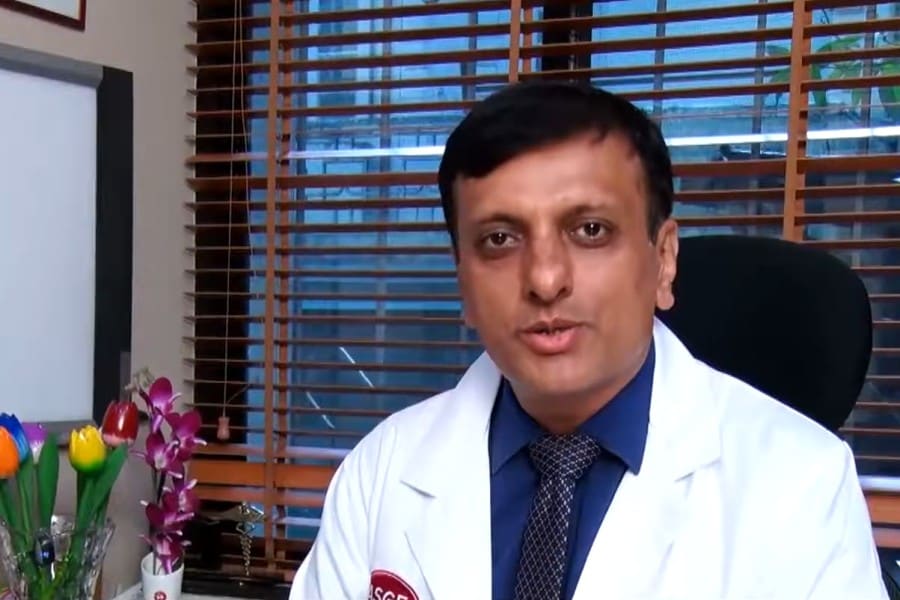
What to know about indigestion or dyspepsia
Dr Lalit Shimpi sheds light on frequent indigestion or dyspepsia and its treatment
 Dyspepsia is defined as painful, difficult, or disturbed digestion, accompanied by some other symptoms such as nausea and vomiting, heartburn, bloating, and stomach discomfort. In most cases, symptoms suggestive of irritable bowel syndrome and reflux disease frequently overlap but do not form part of the definition of dyspepsia. Hence, Dyspeptic symptoms are a relatively poor guide to the origin or nature of any “disturbances” in the gut.
Dyspepsia is defined as painful, difficult, or disturbed digestion, accompanied by some other symptoms such as nausea and vomiting, heartburn, bloating, and stomach discomfort. In most cases, symptoms suggestive of irritable bowel syndrome and reflux disease frequently overlap but do not form part of the definition of dyspepsia. Hence, Dyspeptic symptoms are a relatively poor guide to the origin or nature of any “disturbances” in the gut.
When there are no organic causes for the problem, in such cases, dyspepsia is classified as functional or non-ulcer dyspepsia. There is clinical evidence that functional dyspepsia may be related to abnormal motility of the upper gastrointestinal tract. On the other hand, dyspepsia can also be associated with a bacterial or viral infection, peptic ulcer, gallbladder, or liver disease. Usually, the bacteria Helicobacter pylori are found in individuals suffering from duodenal or gastric ulcers.
The treatment of dyspepsia is based on an assessment of symptoms and suspected causative factors. A review of eating habits (e.g., chewing with the mouth open, gulping food, or talking while chewing) may reveal a tendency to swallow air. This may contribute to feeling bloated, or to excessive belching. Smoking, caffeine, alcohol, or carbonated beverages may contribute to discomfort. When there is sensitivity or allergy to certain food substances, eating those foods may cause gastrointestinal distress.
Clinical evaluation is aimed at distinguishing those patients who require immediate diagnostic work-ups from those who can safely benefit from more conservative initial treatment. Some of the latter may require only reassurance, dietary modifications, or antacid use. Further, an additional diagnostic investigation should be indicated if there is severe abdominal pain, pain radiating to the back, unexplained weight loss, difficulty swallowing, a palpable mass, or anemia.
Lastly, as a concluding point, it can be said that underlying problem, such as gastroesophageal reflux disease ( GERD ), ulcers, etc have been long associated with dyspepsia. Therefore, making smaller but significant lifestyle changes can also help to “Guard against GERD” and further complications of dyspepsia.
Issued in Public Interest by Dr.Reddy's Laboratories LTDThe pages slugged ‘Brand Connect’ are equivalent to advertisements and are not written and produced by Forbes India journalists.




